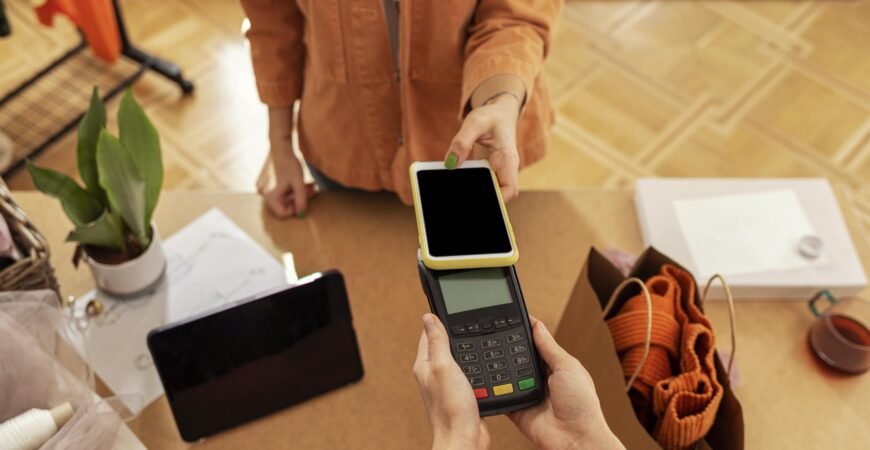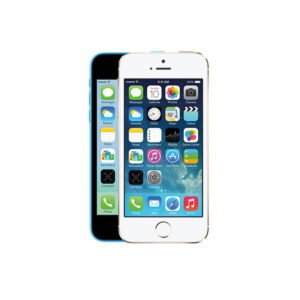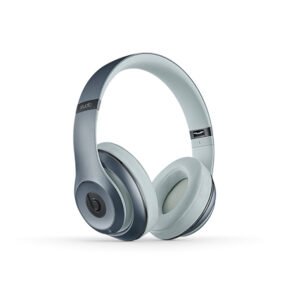Welcome to the Retail Renaissance
Remember when retail was as simple as walking into your favorite store, browsing the aisles, and making a purchase at the counter? Those days seem almost quaint now. The retail landscape has undergone a seismic shift, thanks to the advent of advanced technologies. But what does this mean for today’s retailer? This blog post aims to unravel how smart retail technology is redefining the industry, bringing unparalleled opportunities and challenges for retail entrepreneurs, store managers, and e-commerce owners.
The Evolution of Smart Retail
Imagine a retail world where transactions are seamless, inventory is always accurate, and customer experiences are hyper-personalized. This isn’t a futuristic dream; it’s the reality of smart retail. The shift began with basic digital transactions, including the introduction of online shopping platforms and digital payment systems. Over time, technologies like Artificial Intelligence (AI), the Internet of Things (IoT), and Big Data have integrated into retail operations, transforming how businesses operate on every level.
Stores now employ AI-powered chatbots to assist customers 24/7, while IoT devices track stock levels in real-time. Big Data analytics provide insights into customer behavior, enabling retailers to tailor their offerings like never before. These innovations are not just enhancements but game-changers that have redefined the very essence of retail.
Revolutionary Impacts of Technology on Retail
The implications of smart retail technology are profound. For starters, customer experience has become more intuitive and engaging. Imagine walking into a store where a digital assistant knows your shopping history and can recommend products tailored to your tastes. This level of personalization is now standard, thanks to AI and Big Data.
Supply chain management has also seen significant advancements. IoT devices monitor the movement of goods from warehouses to store shelves, ensuring timely restocks and minimizing waste. Retailers can now predict demand trends, adjust inventory levels accordingly, and reduce operational costs.
Marketing strategies have been revolutionized as well. Big Data allows retailers to analyze customer preferences and behavior, making it easier to launch targeted marketing campaigns that hit the mark. This data-driven approach ensures higher conversion rates and maximizes return on investment.

The Future is Bright for Smart Retail
Looking ahead, smart retail is poised to bring even more groundbreaking changes. Personalization will reach new heights as AI becomes more sophisticated, allowing for real-time customization of shopping experiences. Omnichannel retail will blur the lines between online and offline shopping, providing a seamless experience across all platforms.
Sustainability will also play a crucial role. Retailers are increasingly adopting eco-friendly practices, driven by consumer demand and regulatory pressures. Technologies like blockchain can ensure transparency in supply chains, guaranteeing that products are sourced ethically and sustainably.
Navigating Challenges and Opportunities
While the benefits are immense, adopting smart retail technology is not without its challenges. One of the primary hurdles is the cost of implementation. Advanced technologies require significant investment, which can be daunting for small and medium-sized enterprises (SMEs). However, the long-term benefits often outweigh the initial costs, leading to increased efficiency and profitability.
Data security is another concern. With the integration of IoT and Big Data, the risk of cyberattacks increases. Retailers must invest in robust cybersecurity measures to protect sensitive customer information.
On the flip side, the opportunities for growth and innovation are limitless. Retailers who successfully integrate smart technologies can unlock new revenue streams, enhance customer loyalty, and stay ahead of the competition.
Best Practices for Retailers Adopting Smart Technology
To harness the full potential of smart retail technology, retailers should follow a strategic approach. First, it’s essential to start small. Begin with a pilot project to test the waters before scaling up. This allows you to identify potential issues and refine your strategy.
Invest in employee training. Your staff needs to be comfortable using new technologies, so provide comprehensive training programs to ensure a smooth transition.
Stay updated with the latest trends and advancements. The world of smart retail is constantly evolving, and staying informed will give you a competitive edge. Consider partnering with tech companies to gain access to cutting-edge solutions and expertise.
Wrapping Up the Smart Retail Journey
In conclusion, the smart retail revolution is here to stay. By integrating advanced technologies like AI, IoT, and Big Data, retailers can transform their operations, enhance customer experiences, and drive growth. While challenges exist, the opportunities far outweigh them.
For retail entrepreneurs, store managers, and e-commerce owners, the time to act is now. Don’t get left behind in the traditional retail past. Step into the future and explore how smart retail can elevate your business to new heights. If you’re ready to take the plunge, start by implementing these best practices and see the transformation unfold.
Dive deeper into the world of smart retail and begin your tech integration today—your business’s future depends on it.














